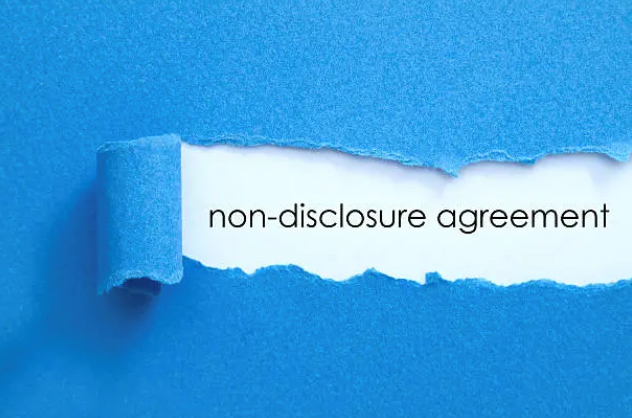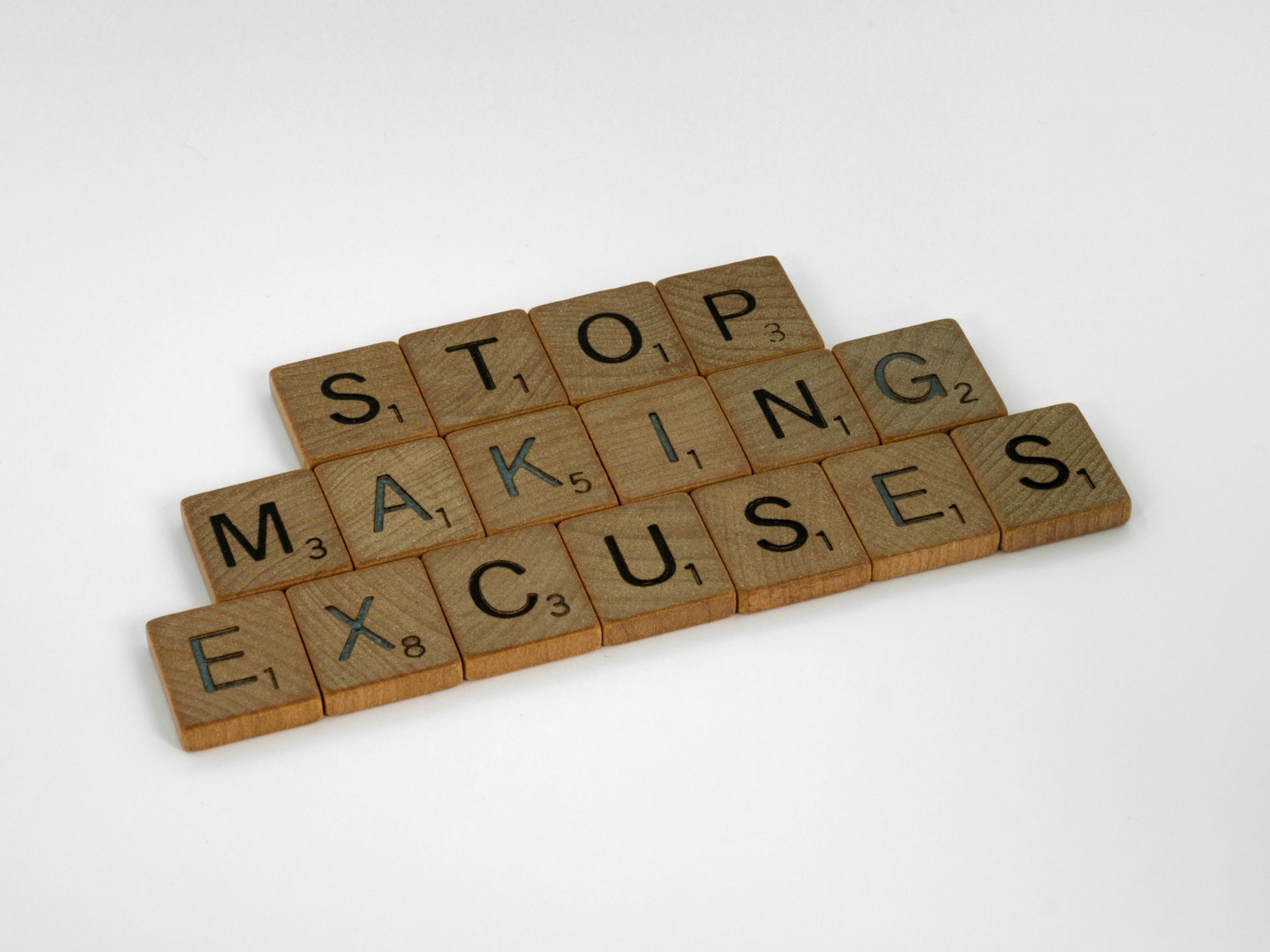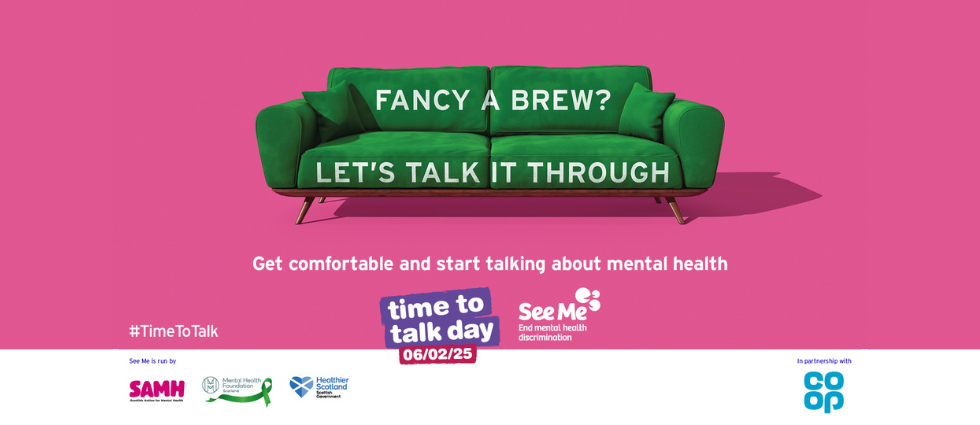FRESH FEED
Grab a tea or coffee (whatever your preference) and find out what we're talking about - from hot topics, updates and celebrations through to our monthly "Fresh Book Club"!
What would you like to hear more about? Reach out to us at info@freshseed.co.uk and let us know.

"Everyone’s signed one, and no one knows what they’re not allowed to say." — The Rest Is Entertainment podcast In a recent episode of The Rest Is Entertainment, Richard Osman and Marina Hyde took aim at the culture of secrecy that blankets the entertainment industry. A culture often enforced by NDAs (non-disclosure agreements). While their conversation cast a wide net, it struck a particularly relevant chord for those working in the UK’s booming creative sectors, especially gaming and digital media. Here, NDAs have become so normalised, so baked into the culture, that questioning them can feel almost taboo. But maybe it’s time we did? From Creativity to Censorship The use of NDAs in gaming, design, and digital storytelling is understandable. Studios want to protect upcoming releases, original IP, and commercially sensitive innovations. No one wants their narrative twist or character design leaked on Reddit before launch day. So, in this instance, having an NDA is understandable. But increasingly, NDAs are being used not to protect ideas, but to stifle criticism, suppress toxic workplace cultures, and control narratives long after the credits roll. In some cases, they’re included in contracts almost reflexively; whether you're a concept artist, freelance writer, or indie dev hired for a month-long gig. The result? A creative landscape where people are often legally barred from discussing crunch, harassment, failed projects, unpaid royalties, or ideas they watched get stolen and repackaged by someone higher up the food chain. In the words of Osman on The Rest Is Entertainment, “NDAs are the wallpaper of the industry” — and nowhere is that truer than in gaming and digital media. Real-World Gag Orders This isn’t just theoretical. There are well-documented UK cases where NDAs were used to silence creative professionals at great personal and professional cost. • Ubisoft’s UK studios came under scrutiny following the global wave of harassment allegations in 2020. Several employees based in the UK reported toxic work environments and abusive behaviour — but many couldn’t speak publicly due to binding NDAs signed upon leaving. One former employee described the process of trying to share their story as "legally paralysing," fearing retaliation for breaching terms they barely remembered agreeing to. - https://www.axios.com/2021/12/06/ubisoft-workplace-scandal-anika-grant-interview • In the TV and digital production sector, the case of presenter and producer Liz Kershaw is telling. She was one of several BBC women who revealed they’d signed NDAs as part of settlements after raising concerns about bullying, pay disparity, and sexism. Speaking to MPs, Kershaw described how NDAs were routinely used to “get rid” of those who spoke up and to ensure they didn’t speak again. - https://www.theguardian.com/media/2012/oct/06/dj-liz-kershaw-routinely-groped-bbc • In the theatre world, whistleblowers from high-profile venues, including the Royal Court and the Old Vic, have pointed to NDAs as part of the reason abuse and bullying went unchallenged for so long. After Kevin Spacey’s tenure at the Old Vic ended, internal investigations revealed that numerous staff had felt unable to report misconduct at the time — some citing confidentiality clauses they feared breaching. https://www.theguardian.com/stage/2017/nov/04/royal-court-theatre-issues-behaviour-code-to-tackle-sexual-harassment These examples reveal a pattern: NDAs are not just tools for managing leaks or intellectual property. They’re often used to avoid accountability. The Indie Sector Isn’t Immune Even in the indie world, where flexibility and openness are part of the appeal, NDA culture is creeping in. Small teams mimic the behaviour of bigger studios, not always realising that the overuse of NDAs can actively harm collaboration. When every playtester, contractor, and marketing freelancer is sworn to silence, you don’t just kill leaks; you kill buzz, feedback, and honest reflection. This is particularly damaging for younger or marginalised creatives, who may have been part of something brilliant (or traumatic) and now can’t speak about it without risking legal action. A Different Path for the UK? The UK has an opportunity to take a different path. While the U.S. industry has a well-documented track record of using NDAs to bury allegations of misconduct (especially in games and tech) the UK’s legal culture is at least beginning to shift. There seems to be a growing awareness among regulators, unions like BECTU and Equity, and grassroots collectives within gaming (like Safe In Our World and Game Workers Unite UK) that silence is not safety. We need to reframe NDAs not as standard operating procedure but as something to be used sparingly and ethically. NDAs should protect truly sensitive material, not PR reputations or abusive management styles. They should not prevent someone from speaking up about a toxic workplace or from claiming ownership of the ideas they brought to life. If the UK’s creative sector is serious about inclusivity, fairness, and sustainability, it can’t afford to keep hiding behind legal boilerplate. Because if every exit interview is locked behind an NDA, how can anything change? Talking Is Not Leaking What Osman and Hyde managed to do so well on The Rest Is Entertainment was to normalise the idea that talking about your industry is not a betrayal. It’s part of what keeps culture healthy. If you want creativity to flourish, you need people to be able to speak. So maybe it's time we stopped treating NDAs as default, and started treating them as a choice. Because creativity needs room to breathe. And if the only way to talk about your job is with a lawyer present, maybe the real problem isn’t what you might say, it’s what they’re afraid you’ll reveal.

January. The time of year when gym memberships spike, social media feeds overflow with resolutions, and workplaces have that “new year, new me” vibe. But for businesses, especially in the creative sector, January isn’t just about fresh starts; it’s about ensuring your team has the right tools, mindset, and environment to thrive in the year ahead.










